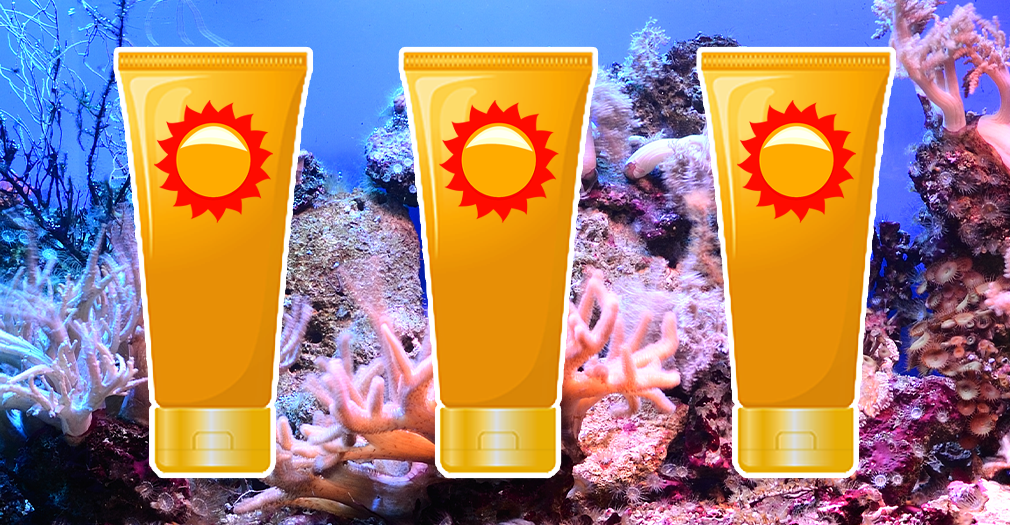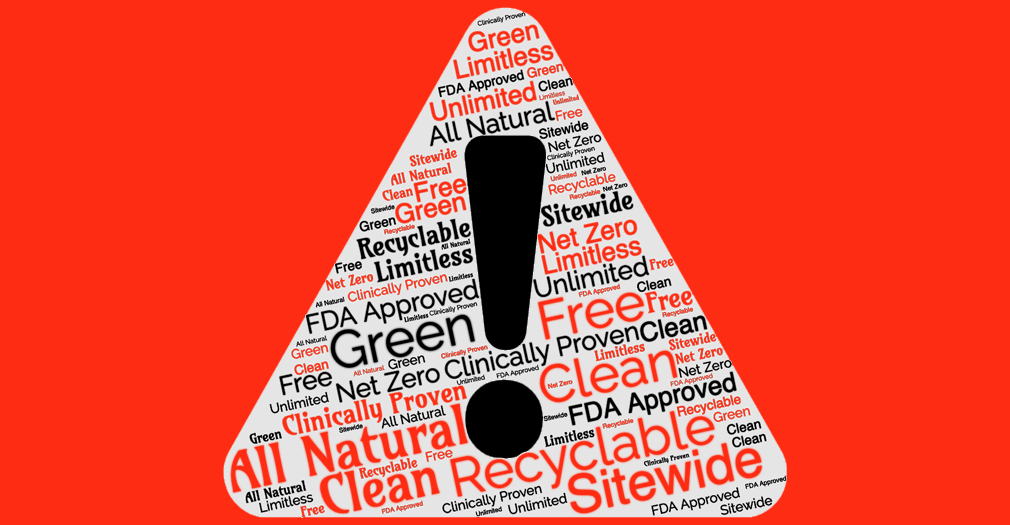
CATrends: Deceptive ‘Plant-Based’ Claims
A deceptive marketing trend takes root.
Lawsuits allege products contain ingredients harmful to coral reefs and marine life.
That dip in the ocean may be refreshing for you but it can be deadly to coral reefs and marine life, according to a recent trend in class-action litigation taking aim at sunscreens marketed as “reef friendly.”
Lawsuits against several “reef friendly” sunscreens allege the products contain ingredients that, when washed off the body in the ocean, are harmful to coral reefs and the marine life that inhabit or depend on them.
“Coral is a building block of ecosystems which, though occupying less than 0.1% of oceans, provide homes for a quarter of all marine life,” states a lawsuit filed last month against Walmart over its “reef friendly” Equate-brand sunscreen.
Though consumers buying Defendant’s sunscreen expect it to be “reef friendly” and not harmful to reefs, its active ingredients are the “unfriendly” chemicals of “Avobenzone (3.0%), Homosalate (10.0%), Octisalate (5.0%), [and] Octocrylene (4.0%),” only disclosed on the back of the container, in fine print.
According to the lawsuit, one of the issues with these ingredients is that they have been linked to “coral bleaching” in which coral loses their symbiotic algae, causing them to turn completely white and making them susceptible to disease and death. The lawsuit is pending.
Other sunscreens allegedly marketed as “reef friendly” or “reef conscious” that have been named in litigation include Target’s Up & Up, Big Lots’ Sound Body, Edgewell’s Banana Boat and Hawaiian Tropic, Kroger and Hain Celestial’s Alba Botanica.
In total, of the lawsuits TINA.org is tracking, seven are pending and four have been settled and/or dismissed.
Find more of our coverage on companies accused of greenwashing here.
A deceptive marketing trend takes root.
These definitions are a joke.
TINA.org has tracked more than 150 lawsuits alleging greenwashing.


